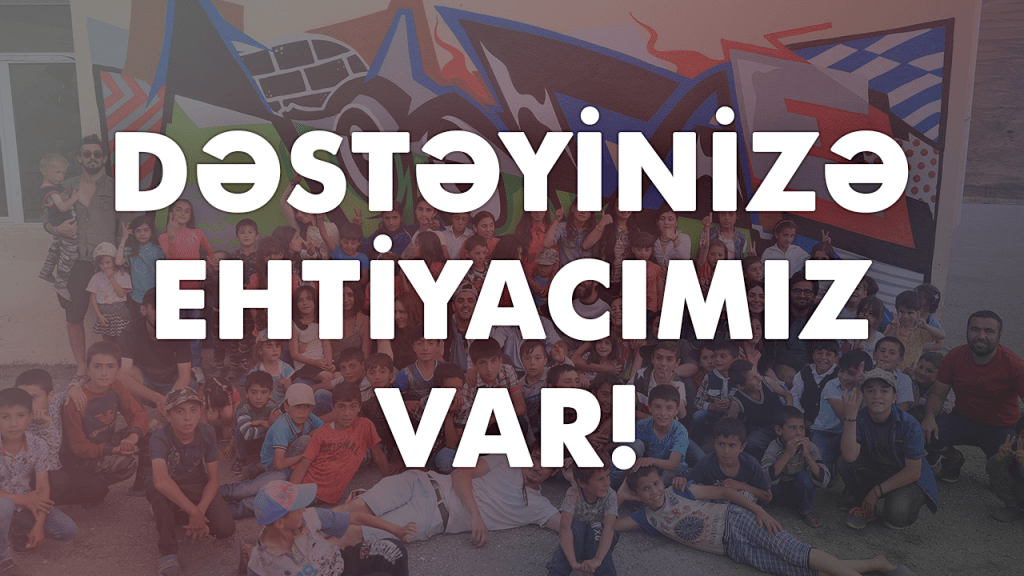Teymur Daimi

Filmmaker, philosopher, artist and writer Teymur Daimi is one of the most distinguished academics in the contemporary art field in Azerbaijan. Originally from Baku, he finished his studies through his PhD, which he received in Philosophy in 2000 from the Institute of Philosophy and Law of the Academy of Sciences of Azerbaijan. He was a leading voice in art theory and philosophy in the 1990s, and published a book entitled The Find of the Way in 1996 exploring aesthetics and spirituality. As a witness and catalyst during this time of incredible change and fertility in Baku’s art scene, his own writings capture his views on how art and philosophy intersect and his articles have been published around the world as essays and in exhibition catalogues. He has mentored young artists in his current role teaching at Azerbaijan State Art College at the Academy of Arts, and he held a masterclass on art writing with Yarat Contemporary Art Space in Baku in 2014 to encourage the growth of art criticism. His work has been featured in prestigious biennials and film festivals and exhibited across the world in places such as Belgium, France, Greece, Georgia, Germany, Russia, Ukraine, and the United Arab Emirates. His work was part of the Azerbaijan Pavilion at the 53rd Venice Biennale in 2007 and the prestigious Art Dubai exhibition in 2014, Marker: Caucasus and Central Asia. As a practicing artist, philosopher, and educator, his influence on the Azerbaijani contemporary art scene is significant and profound.
Teymur’s artwork is imbued with spiritual symbols, esotericism, philosophy, universal religious themes, and human emotion. His painting and graphics practice, which was a focus of his early career, is characterized by layered, meditative compositions exploring sacred imagery. Using bright colors, pattern, and surrealism, the works invite contemplation of the universal symbols that he uses and their connection to human emotion. In his current practice, Teymur’s video art and conceptual films examine these emotions with nuance, focusing on themes of our perception of reality, which he terms as ‘neuroaesthetics,’ and the passage of time. His oeuvre is vast – while some of his works are overt in their thesis, others require deeper engagement to unravel the meaning behind the piece. In his narrative and experimental film work, he remains fascinated with visual perception. In his more recent video art pieces, he examines how reality is shaped by personal experiences and how technology, through glitches in code or mediation via a screen, plays a role in how we see the world around us. In an example of his narrative work, the documentary-style film ‘This is Love’ from 2017 explores his parents’ love over a lifetime of 65 years through family films, photographs and personal history. Poignant and deeply effective, the film confronts love and memory, both bittersweet and wistful, proving that the death of a partner does not mean the death of emotional connection. As with all of his work, he does not hesitate to engage with difficult concepts and themes, even when the work relates to his own life. As an artist and philosopher, Teymur’s artwork inspired by own experiences provides a nuanced exploration of the emotional layers of human life.

















